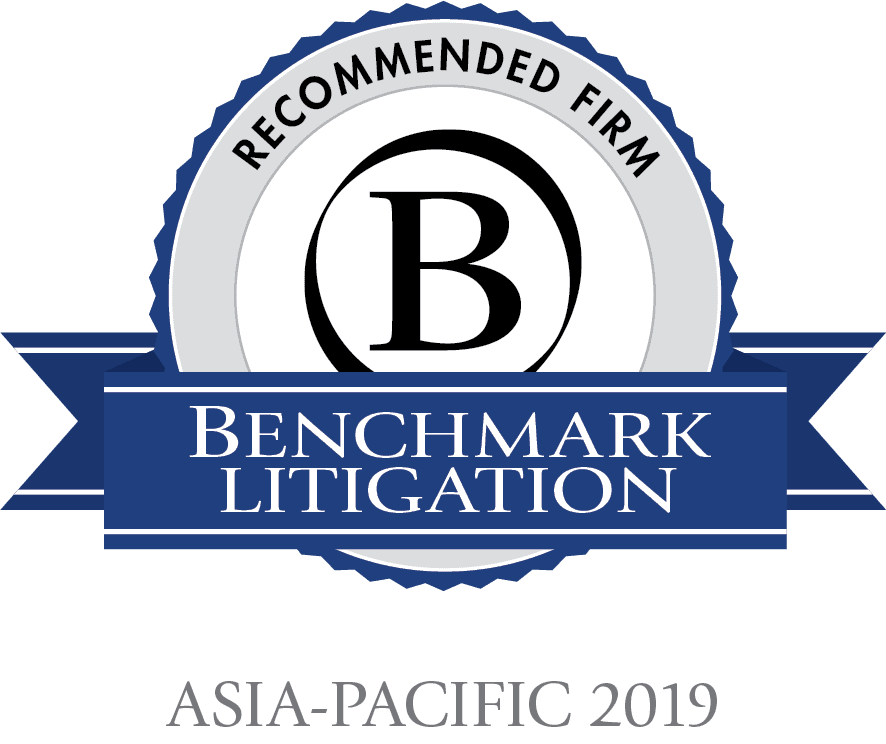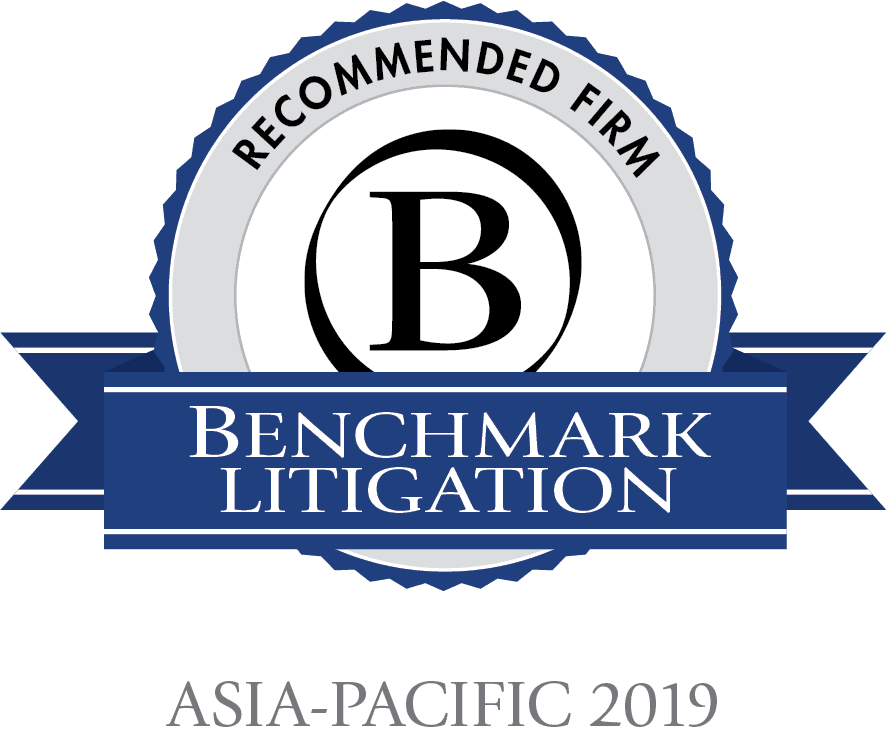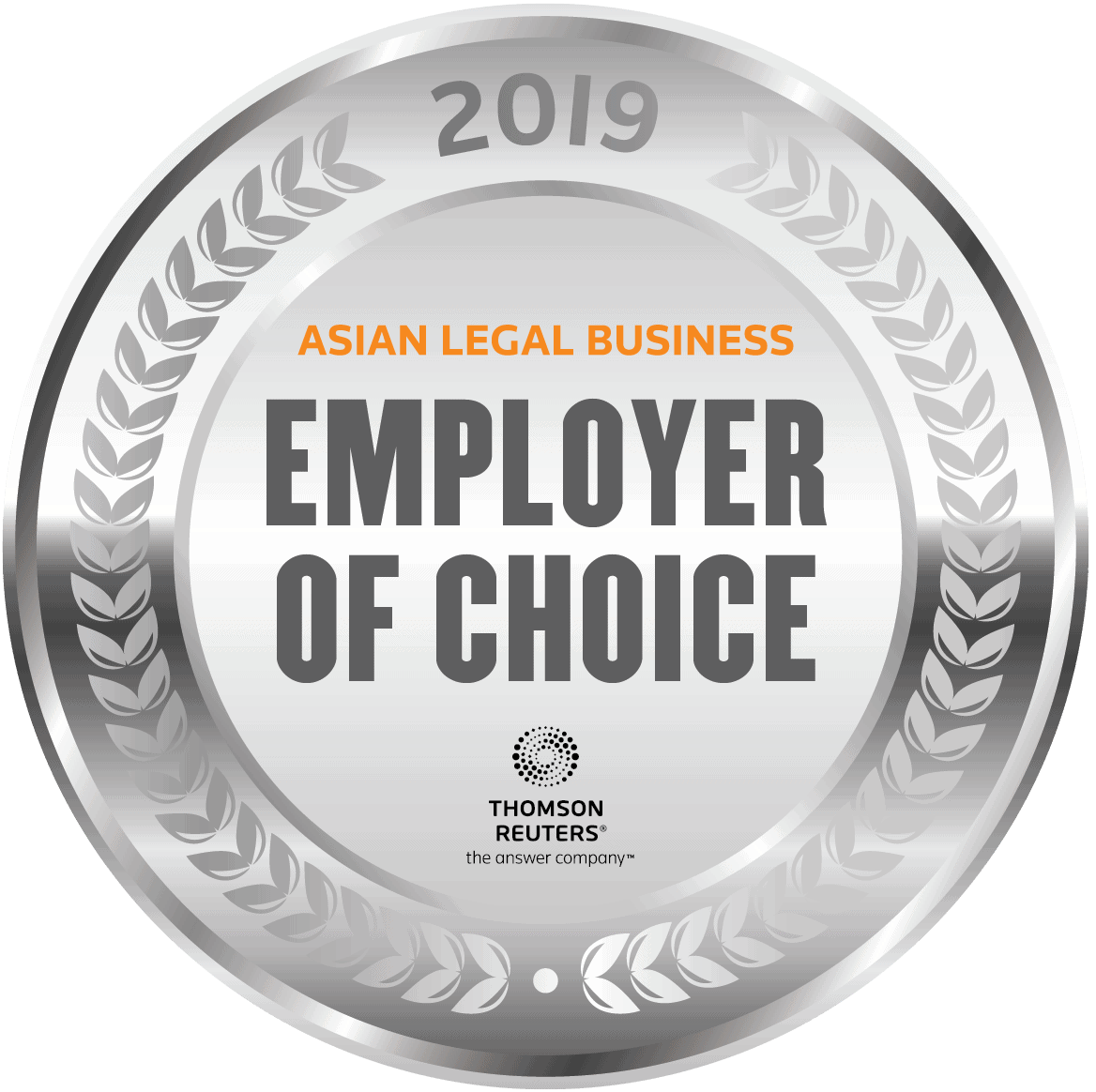OLN ranked “Recommended Firm of 2019” by Benchmark Litigation Asia-Pacific.
Congratulations to our following Practice Areas:
Commercial and Transactions – Tier 3
Family and Matrimonial – Tier 2
Private Client – Recommended
This year, Stephen Peaker has been ranked as Dispute Resolution Star in Family and Matrimonial.
Below is the Benchmark Analysis for our firm:
“Full-service law firm, Oldham Li & Nie is active in commercial and transactions disputes. However, it is particularly lauded for its work in family and matrimonial disputes. The firm’s family law department and probate and estate planning department are led by five partners. Stephen Peaker is a key figure in the family and matrimonial space.
Case highlights include acting on a divorce proceeding involving nearly 30 family trusts in various jurisdictions; acting for Jayjun, a Korean cosmetics brand, in a trademark litigation; and representing Melvin Waxman and Larry Waxman, minority shareholders of a Hong Kong company, in a shareholder dispute.”
About Benchmark Litigation
Benchmark Litigation, the definitive guide to the region’s leading dispute resolution firms and lawyers, was first published in 2008 covering the litigation and disputes markets in the United States and Canada and has broadened its coverage to include Asia – Pacific, Europe and Latin America – becoming a truly global guide.1

 Suite 503, 5/F, St. George's Building, 2 Ice House Street, Central, Hong Kong
Suite 503, 5/F, St. George's Building, 2 Ice House Street, Central, Hong Kong +852 2868 0696
+852 2868 0696








